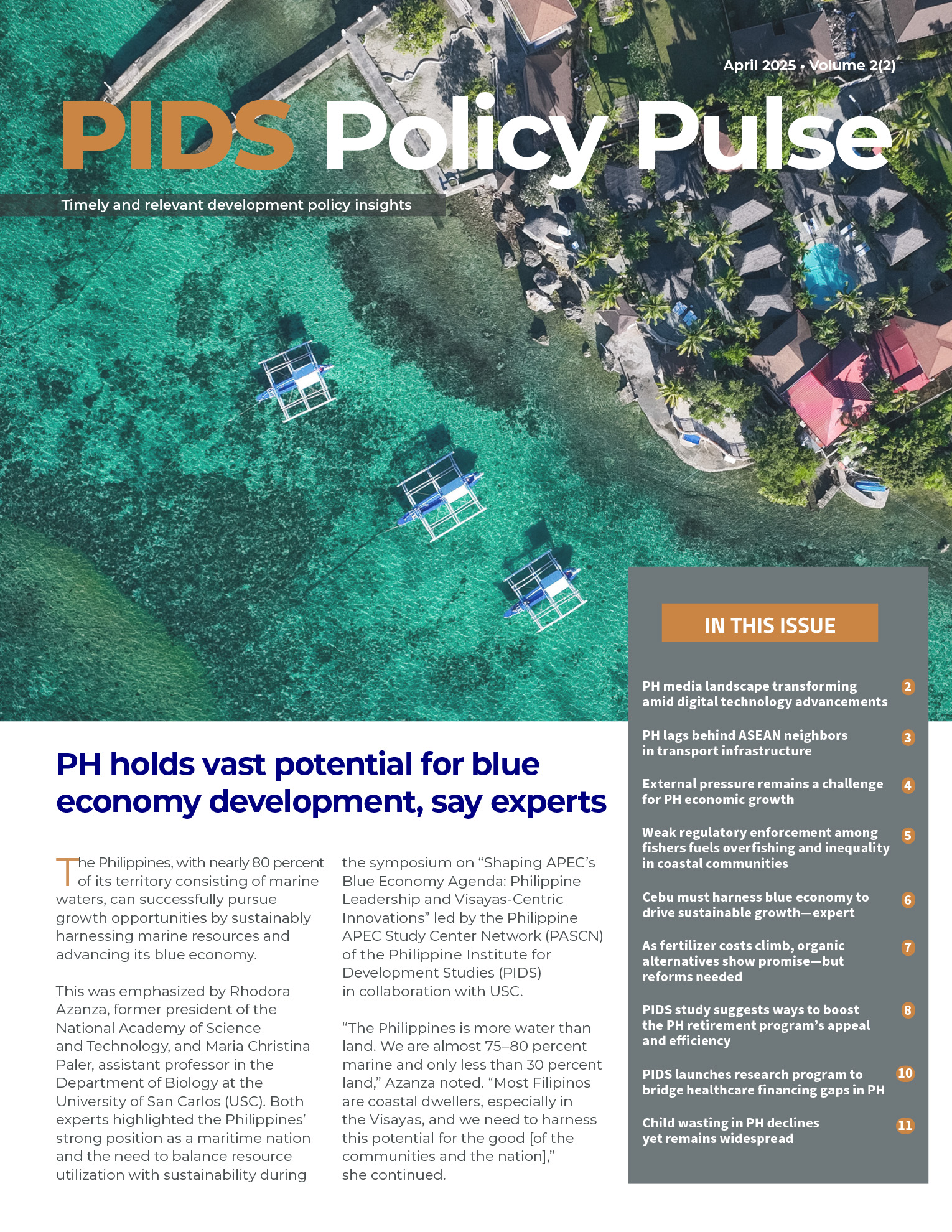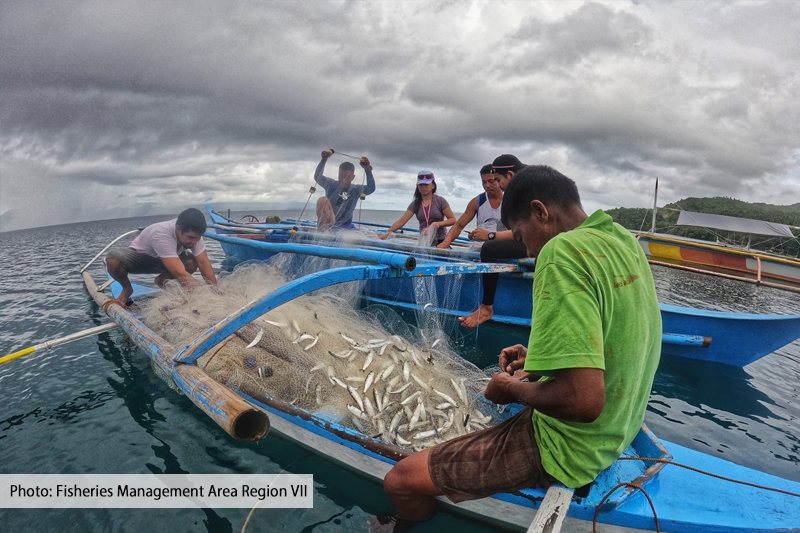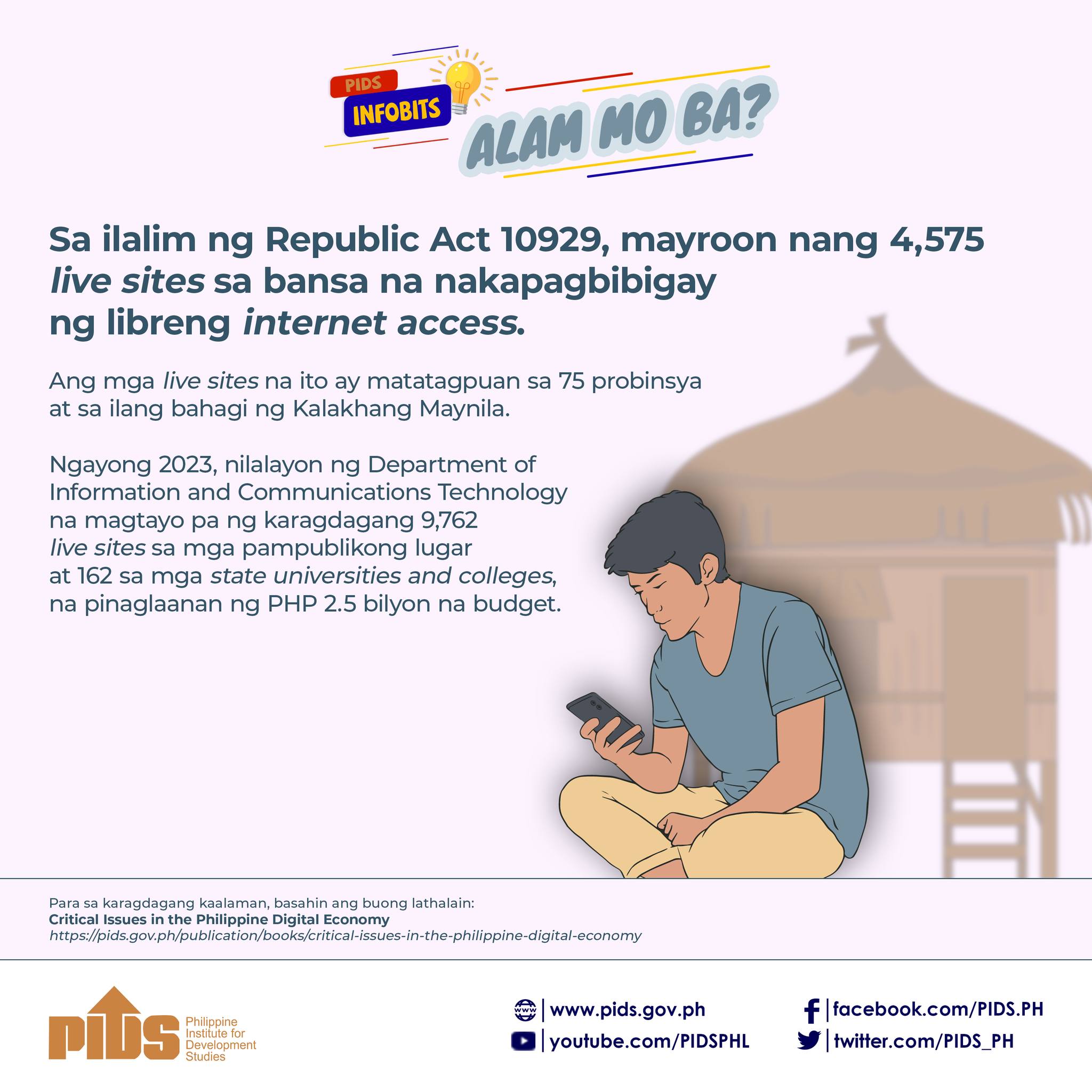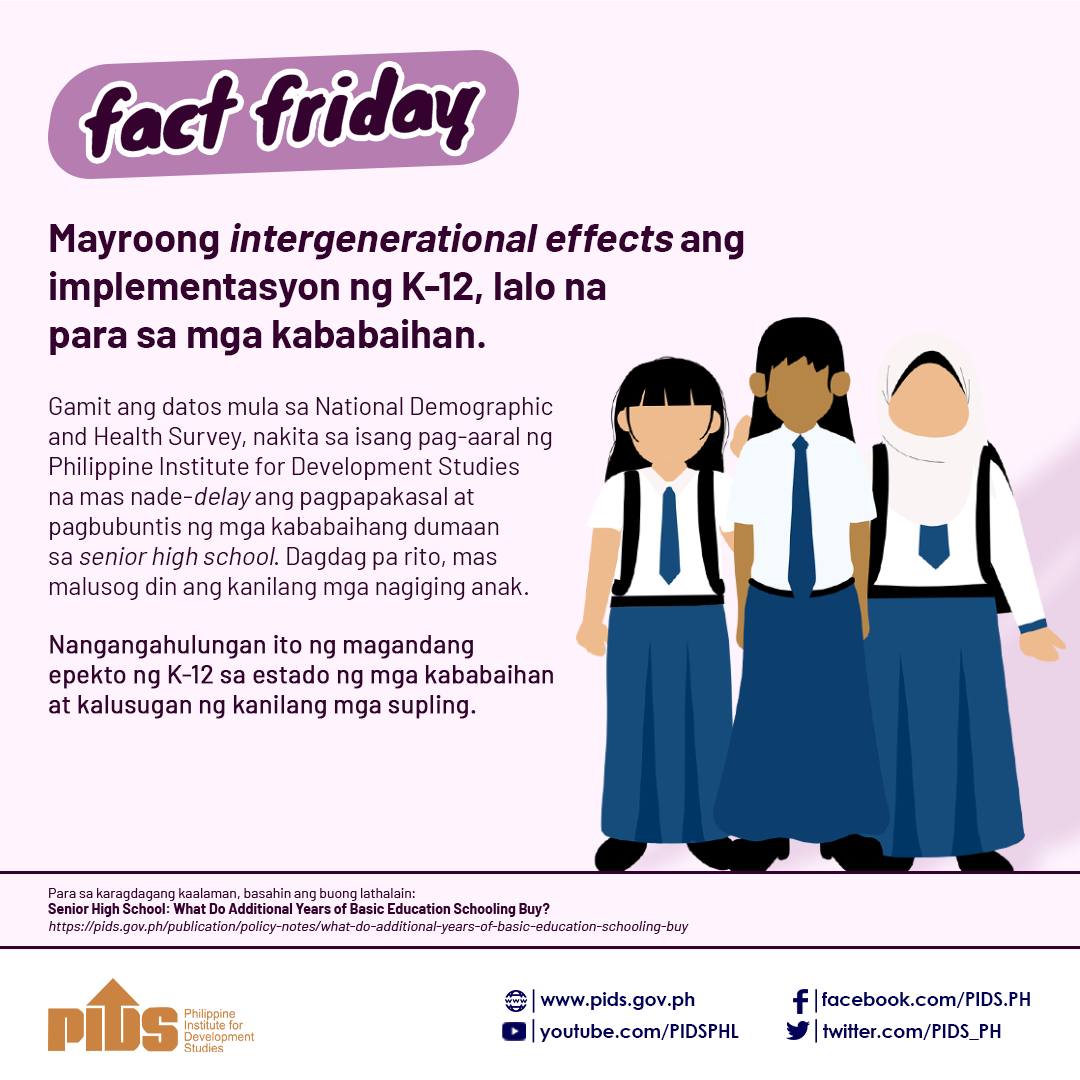
A study by state think tank Philippine Institute for Development Studies disclosed the unintended consequences of open access fishing and fishing ban policies in the Zamboanga Peninsula, the country's sardine capital.
Authors Danilo Israel, Milva Lunod-Carinan, and Vicente Paqueo said the Philippines has reached its maximum economic yield (MEY) as early as the 1960s. For instance, fish stock harvest from 1998 to 2001 was 30 percent higher than they should be. Having gone beyond the MEY, the fishery sector has not only depleted the economic value of its livelihood source but has also caused alarming damage to the environment. The economic losses from overfishing are estimated at PHP 6.25 billion.
The Philippines has always ran an "open access" approach in managing its marine ecosystem as sources of food. Over the years, the growing population has led to a rise in demand within the fishery industry, culminating in huge strains on the country's marine resources. Open access, argued Israel and his co-authors, is the root cause of the dwindling catch and the dire state of marine resources.
To counter the effects of overfishing in the Zamboanga Peninsula, the fishery sector and the local governments implemented a three-month closed season strategy, precipitating a "gradual shift" from an open-access "full development approach" to the "conservation, protection and sustained management of fisheries". Based on reports, the ban led to increased catch of high-priced fish species, increased numbers and sizes of spawners and sardine eggs, and more tuna catches in some parts of the peninsula.
But it was not without dire consequences. Fishermen, cannery workers, and tin can manufacturers lost their jobs during the three-month closed season. The price of sardines in the local market also shot up during the ban, taking away a cheap and staple source of food for the local poor communities.
The authors cautioned against ignoring the negative effects of the ban. "While there are observable benefits in terms of increased sardine productivity due to the closed season, there are also real costs in terms of lost employment not only within the industry itself but also in its backward and forward linkage industries as well as increases in sardine price that need to be studied. The total costs of administering the ban also need to be considered, including those borne by government, the private sector and other," they said.
If you wish to know more about the study, you may download a copy of the Discussion Paper from this page: http://www.pids.gov.ph/dp.php?id=5744&pubyear=2016
Authors Danilo Israel, Milva Lunod-Carinan, and Vicente Paqueo said the Philippines has reached its maximum economic yield (MEY) as early as the 1960s. For instance, fish stock harvest from 1998 to 2001 was 30 percent higher than they should be. Having gone beyond the MEY, the fishery sector has not only depleted the economic value of its livelihood source but has also caused alarming damage to the environment. The economic losses from overfishing are estimated at PHP 6.25 billion.
The Philippines has always ran an "open access" approach in managing its marine ecosystem as sources of food. Over the years, the growing population has led to a rise in demand within the fishery industry, culminating in huge strains on the country's marine resources. Open access, argued Israel and his co-authors, is the root cause of the dwindling catch and the dire state of marine resources.
To counter the effects of overfishing in the Zamboanga Peninsula, the fishery sector and the local governments implemented a three-month closed season strategy, precipitating a "gradual shift" from an open-access "full development approach" to the "conservation, protection and sustained management of fisheries". Based on reports, the ban led to increased catch of high-priced fish species, increased numbers and sizes of spawners and sardine eggs, and more tuna catches in some parts of the peninsula.
But it was not without dire consequences. Fishermen, cannery workers, and tin can manufacturers lost their jobs during the three-month closed season. The price of sardines in the local market also shot up during the ban, taking away a cheap and staple source of food for the local poor communities.
The authors cautioned against ignoring the negative effects of the ban. "While there are observable benefits in terms of increased sardine productivity due to the closed season, there are also real costs in terms of lost employment not only within the industry itself but also in its backward and forward linkage industries as well as increases in sardine price that need to be studied. The total costs of administering the ban also need to be considered, including those borne by government, the private sector and other," they said.
If you wish to know more about the study, you may download a copy of the Discussion Paper from this page: http://www.pids.gov.ph/dp.php?id=5744&pubyear=2016












